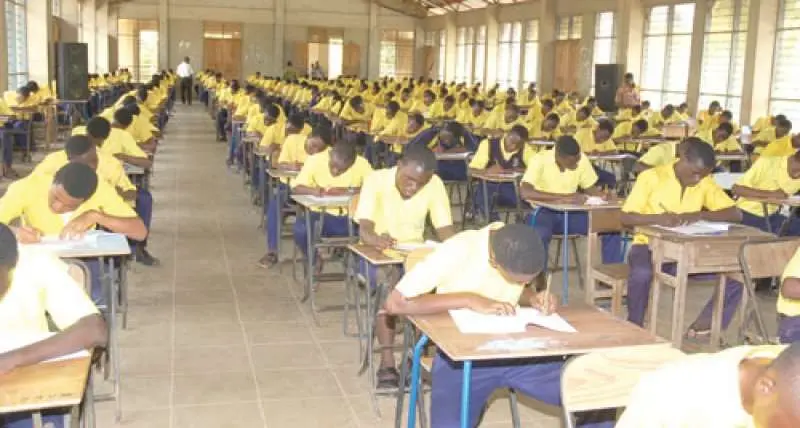Starting tomorrow, November 16, 2024, fuel prices in Ghana are expected to drop, barring any unforeseen changes, according to the Chamber of Petroleum Consumers (COPEC).
The price of petrol is set to decrease by approximately 5.06%, bringing it to GH¢13.582 per litre, while diesel will see a 3.88% drop to GH¢14.578 per litre.
The cost of Liquified Petroleum Gas (LPG) will also decline by around 1.14%, with a 14.5kg cylinder selling for GH¢263.35 in the upcoming pricing window.
COPEC’s forecast for a reduction in fuel prices is largely attributed to a slight dip in global crude oil prices.
The international price of crude oil decreased by 0.72%, dropping from $74.63 to $74.09 per barrel.
However, this potential relief comes even as the Ghanaian cedi continues to weaken against the US dollar, which typically exerts upward pressure on fuel prices.
Despite this forecast, COPEC is urging the government to take additional measures to alleviate the burden of fuel costs on consumers.
A key recommendation is to reduce taxes on Liquified Petroleum Gas (LPG) or introduce subsidies to make it more affordable.
COPEC believes that lowering the cost of LPG could promote its widespread use, thereby reducing the dependence on firewood for cooking, which has significant environmental benefits.
Currently, taxes and levies account for approximately 22.12% of the retail price of both petrol and diesel in Ghana.
This tax burden significantly contributes to the high cost of fuel, affecting consumers and businesses alike.
To further ease the financial strain on the public, COPEC is advocating for a reduction in the rates of these taxes.
Alternatively, they propose the implementation of a dynamic pricing formula that would adjust the total levies in response to fluctuations in the exchange rate between the dollar and the cedi.
Such a measure, COPEC argue, would provide a buffer against external economic pressures and help stabilize fuel prices, ultimately reducing the cost of living and supporting economic growth.
COPEC continues to emphasize the need for proactive government intervention to ensure that fuel remains affordable, especially in the face of economic challenges.
















